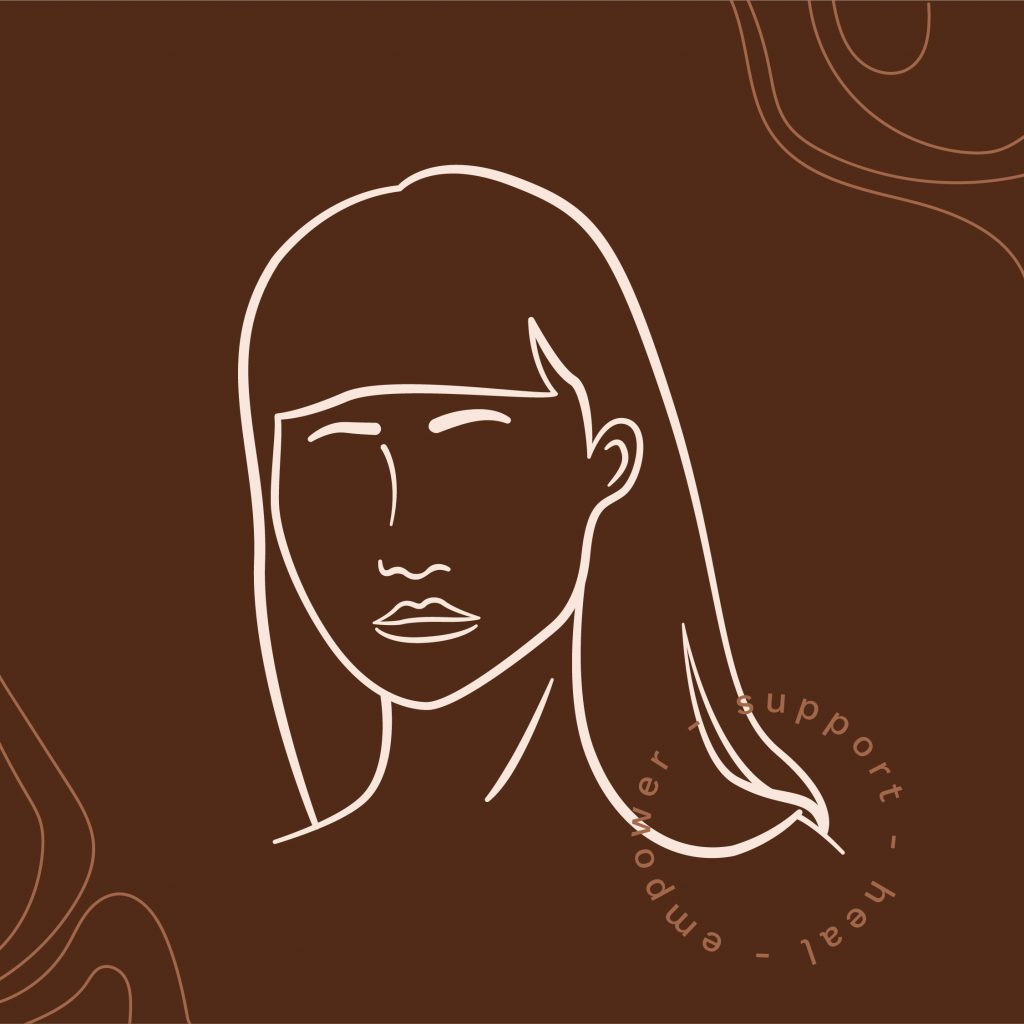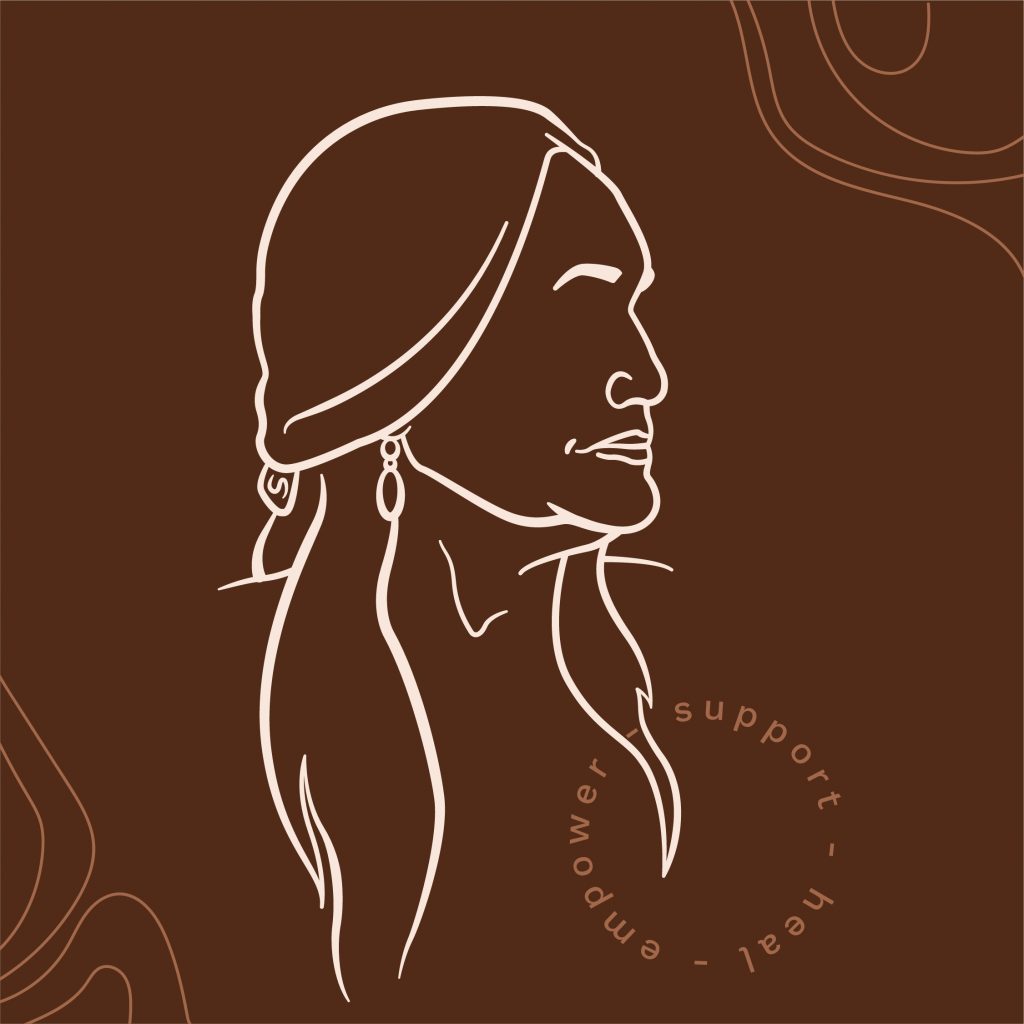Porn is hard to quit because it attacks three main domains of our lives: our biology, our psychology, and our social relationships. Biologically, porn releases a potent cocktail of neurochemicals associated with pleasure, motivation, and emotional connection when we watch it. According to psychiatrist Norman Doidge, the “neurons that fire together, wire together," and research shows that repeated exposure to porn alters our neural pathways rapidly1. Our brains are rewired to crave more porn, and soon we are dependent on the next porn binge.
Psychologically, porn has one main driver: shame. Shame, the belief that we're unworthy of love and belonging, can drive us to porn. Porn helps us forget our pain for a moment, but frequent porn use means we seek out more extreme content, and soon we are watching things we used to find repulsive. This downward spiral increases our shame, and the worse we feel about ourselves, the more likely we are to seek out porn. A vicious cycle is created.
Finally, porn affects our social relationships. Porn isolates us from the relationships that matter most to us. We find ourselves withdrawing from intimacy with our partner, connection with our friends, and even isolating ourselves from coworkers. The more lonely we feel, the more likely we are to seek out porn to forget our isolation, and the cycle continues.
As powerful as porn is, however, there is hope. Reaching out for help can be one of the most powerful things you do, for it breaks the cycle of shame and isolation and opens the door to healing.
1Doidge, N. (2007). The brain that changes itself: Stories of personal triumph from the frontiers of brain science. New York: Viking.











